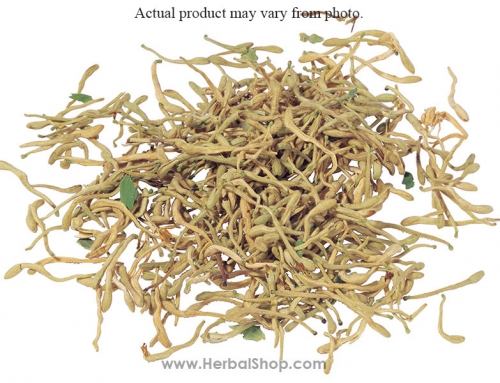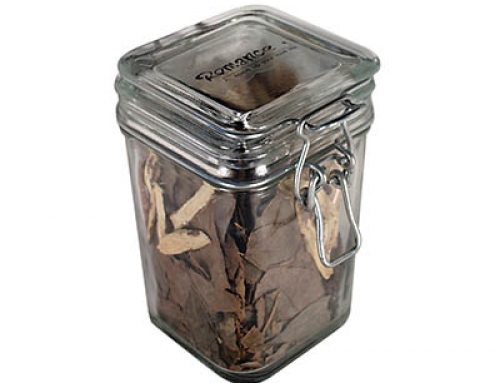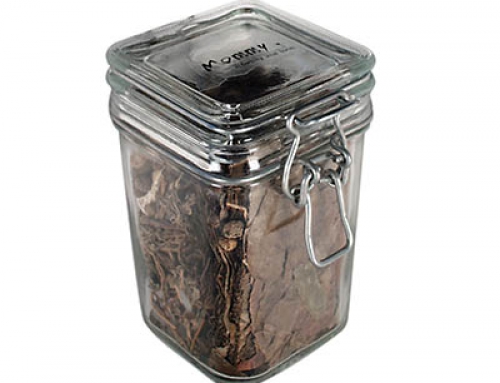菟絲子
Dadder seed (Tusizi)
Pharmaceutical Name: Semen Cuscutae
Botanical Name: 1. Cuscuta chinensis Lam.. 2. Cuscuta japonica Choisy
Common Name: Dadder seed, Cuscuta seed
Source of Earliest Record: Shennong Bencao Jing
Part Used: The ripe seeds are collected in autumn, and then they are dried in the sun or boiled.
Natural Properties & Taste: Pungent, sweet and neutral
 Meridians: Liver and kidney
Meridians: Liver and kidney
Therapeutic Effects:
1. To tonify kidneys and control essence.
2. To nourish liver and brighten the eyes
Indications:
1. Deficient kidneys manifested as impotence, nocturnal emissions, premature ejaculation, lower back pain or leukorrhagia. Dadder seed (Tusizi) is used with Eucommia bark (Duzhong), Dioscorea (Shanyao) and Cibot rhizome (Gouji) for lower back pain or leukorrhagia. Dadder seed (Tusizi) is used with Schisandra fruit (Wuweizi), Cnidium fruit (Shechuangzi), Flattened milkvetch seed (Shayuanzi) and Grossy privet fruit (Nuzhenzi) for impotence.
2. Diarrhea due to deficient spleen. Dadder seed (Tusizi) is used with Pilose asiabell root (Dangshen), White atractylodes (Baizhu) and Dioscorea (Shanyao).
Dosage: 10-15 g
Cautions & Contraindications: This herb is contraindicated in cases with deficiency of yin with excessive fire, constipation and red, scanty urine.





